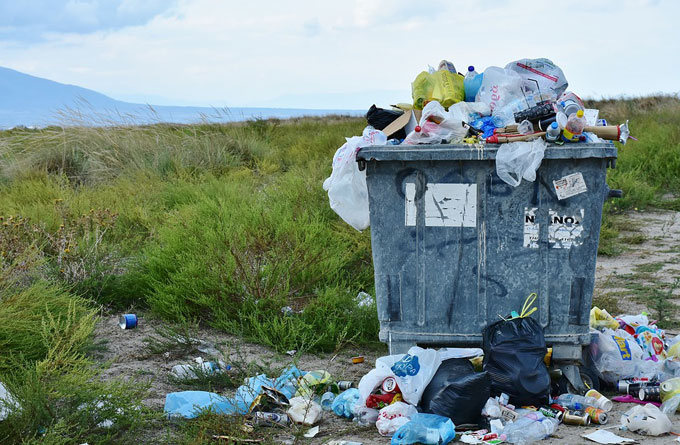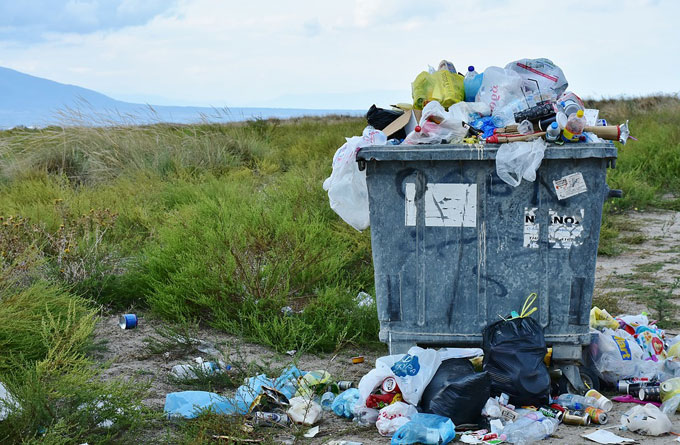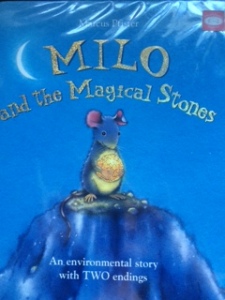This week I have been lucky enough to take part in Al Gore’s climate reality leadership corps global training.
We have not only learnt about the current state of the planet and the crisis we are facing with rising greenhouse gas emissions, destruction of many people’s livelihood and homes as well as the deforestation of too many virgin forests, we have also seen hope and the wonderful projects people around the world are working on to make renewable energy more mainstream and accepted by all around the world.
To tell you the truth there is a lot of doom and gloom. And this week I have felt drained and overwhelmed by the sheer scale of what we need to do.
However, with education and camaraderie, there is hope.
But perhaps many of my readers may think, the government isn’t doing anything so either why bother or what can I do anyway? I can’t afford solar panels or an electric car and public transport isn’t an option.
But you can do something and it all starts at home.

One key area that I have felt passionate about in the last ten years – ever since I became pregnant with my daughter, was the amount of plastic we consume every day because of convenience.
Plastic production currently sits at around 4% of global gas emissions and although this doesn’t seem huge, it is on the rise.
Plastic is a wonderful product and at times it is a lot cheaper, more durable and can be longer lasting BUT the problems it causes on this planet are not good.
Plastic is a fossil fuel and for it to become your chip packet, your clothing, your car part or your plastic food wrap it must go through these steps:
1) fossil fuel extraction (oil and gas) and transport to a factory,
2) plastic refining and manufacture into the product you buy,
3) managing plastic waste once it has been used which can be landfill, incineration or recycling
4) plastic’s ongoing impact once it reaches our oceans, waterways, air we breath and landscape.
There is hope – in what you do.
So what can you do?
- Can you buy a different product that isn’t wrapped in plastic?
- Can you buy in bulk or fill up from a bulk food store, using your own containers?
- Can you reuse plastic packaging?
- Can you write a letter to your council to lobby them for better plastic recycling?
- Write a letter to your favorite company to ask them to transition to bioplastics – plastics that can be home composted is best.
Let me know what you choose to work towards to cut this 4% of greenhouse gas emissions to zero.
Here are some great articles to learn more about plastic and greenhouse gas emissions:
https://www.nature.com/articles/s41558-019-0459-z
https://www.sciencedaily.com/releases/2019/04/190415144004.htm
https://www.yaleclimateconnections.org/2019/08/how-plastics-contribute-to-climate-change/


